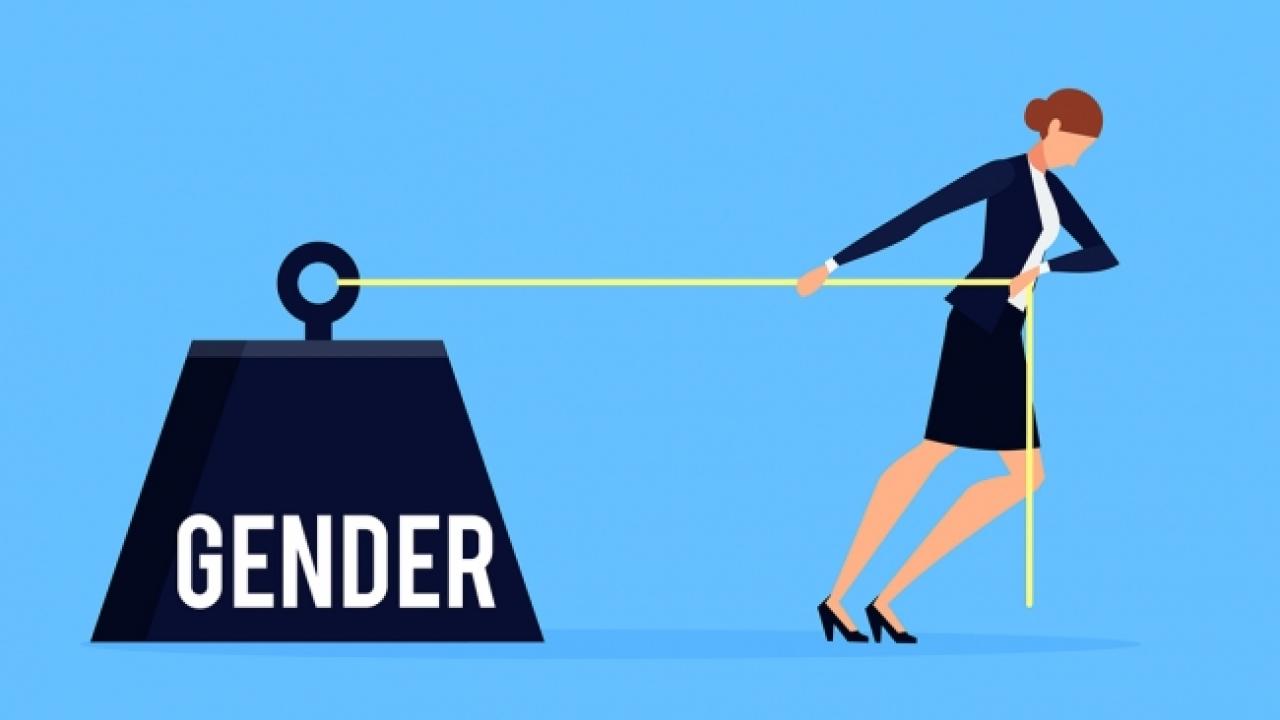
Why We Must Stop Relying on Student Ratings of Teaching
The latest study, released this year by the American Political Science Association, found that the "language students use in evaluations regarding male professors is significantly different than the language used in evaluating female professors." The study also showed that "a male instructor administering an identical online course as a female instructor receives higher ordinal scores in teaching evaluations, even when questions are not instructor-specific."
Academic institutions must stop giving an inordinate amount of weight to student evaluations when making employment decisions, she argued, until the institutions can account for, address, and eliminate bias. Unfortunately, there’s no consensus on how best to do this. Professors who are perceived to be difficult, or who teach difficult material, may receive lower evaluations despite students’ often having greater success in later courses. Additionally, the reliability of student evaluations has decreased over the years.
It is time to stop relying primarily on one approach — in this case, student evaluations of teaching — and move to a more holistic strategy in which multiple factors contribute to a more accurate, consistent, and well-rounded assessment. Alternative methods of assessment that have been effective include: watching faculty members teach (whether via video or in person), reviewing their course materials, reading faculty self-evaluations, and meeting with them one-on-one to discuss performance.
Academic institutions need to access teaching more holistically, the ensure that both instructors and students succeed. This will eliminate the possibility of bias playing a role in faculty performance and career growth.
To read the full article by Michelle Falkoff, a clinical associate professor of law and director of communication and legal reasoning at Northwestern University Pritzker School of Law, visit The Chronicle of Higher Education.